Executive Can’t Exempt Use Of Copyrighted Sound Recordings In Marriage Functions, “Fair Use” To Be Decided In Facts Of Each Case: Punjab & Haryana HC
[25 May 2022] While quashing a public notice/letter exempting use of copyrighted sound recordings in marriage functions from liability, the Punjab and Haryana High Court recently held that the executive has no authority under the Copyright Act to clarify or interpret the applicability of the law through public notices. Thus, the executive cannot take away the right of a copyright owner to initiate proceedings for infringement of copyright. Justice Raj Mohan Singh was dealing with a challenge made against a public notice issued by the government interpreting the provision contained in Section 52(1)(za) of the Copyright Act 1957 in a manner that utilization of any sound recording in the course of the religious ceremony including a marriage procession and other social festivities associated with marriage, does not amount to infringement of copyrights and hence no license is required to be obtained for the said purpose. The court observed that public notice is also violative of the Doctrine of Separation of Power as it would lead to the executive usurping the legislative power of enactment and the judicial power of interpretation. The public notice also infringes the right of a copyright holder under Articles 13, 14 and Article 19(1) (g) of the Constitution of India. It seeks to abridge the protection granted by the copyright Act which is unsustainable, the Court said. The court also discussed the decision of the Gujarat High Court in Devendrakumar Ramachandra Dwivedi v. State of Gujarat and others (2009) where the court while explaining the fair use doctrine under the Act held that when the use is for non-commercial purposes, the same can be exempted from liability under the Act. The court had observed as under: “The main thrust of Section 52(1) of the Copyright Act, 1957 is to exempt live performance of such works when there is no commercial purpose and when there is no admission charge and/or when admission proceeds are used exclusively for educational, religious or charitable purpose and not for private personal financial gain. Above principle is generally called “fair or honest use doctrine” which constitutes the most significant limitation on the exclusive rights held by a copyright owner.” Thus, the court observed that whether a use of copyrighted work falls within the exceptions under the act has to be decided according to the facts of the case and a general interpretation as provided by the respondent through the impugned notice was impermissible.


